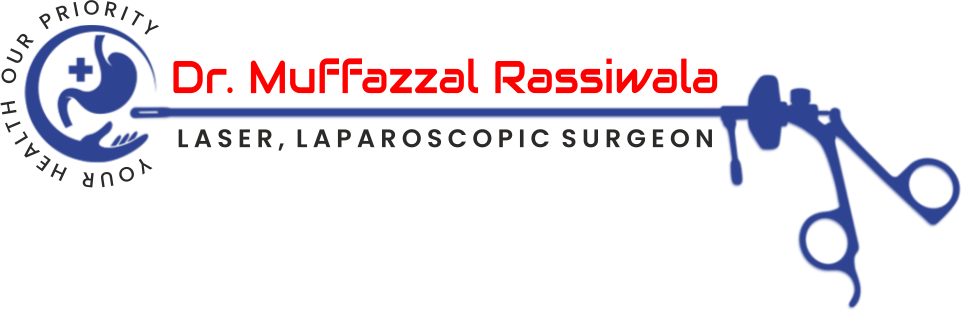Hernias occur when an internal organ or tissue protrudes through a weak spot in the abdominal wall. Common types include inguinal, hiatal, and umbilical hernias. While surgery is often required for definitive treatment, managing hernia pain and discomfort through diet can complement medical care. Here’s how dietary choices can influence hernia pain and the foods to consider, especially when seeking hernia treatment in Indore.
1. Fiber-Rich Foods
A diet high in fiber can help prevent constipation, which is crucial for those with hernias. Constipation can increase intra-abdominal pressure, exacerbating hernia symptoms. Foods such as whole grains, fruits, vegetables, and legumes are excellent sources of fiber. For example, oats, apples, and beans can aid in maintaining regular bowel movements and reducing strain during defecation.
2. Lean Proteins
Incorporating lean proteins can aid in maintaining muscle mass and supporting the repair of tissues. Opt for skinless poultry, fish, tofu, and legumes. These protein sources are less likely to contribute to weight gain, which can otherwise put additional pressure on the hernia and worsen symptoms.
3. Healthy Fats
Healthy fats, found in foods like avocados, nuts, and olive oil, can help reduce inflammation and support overall health. Avoid trans fats and excessive saturated fats, which can lead to weight gain and increase abdominal pressure. Including sources of omega-3 fatty acids, such as fatty fish or flaxseeds, can be beneficial for reducing inflammation.
4. Avoiding Irritants
Certain foods and beverages can exacerbate hernia symptoms, particularly if you have a hiatal hernia. Spicy foods, caffeine, and alcohol can irritate the esophagus and worsen acid reflux, leading to increased discomfort. It’s advisable to limit these irritants and choose milder, non-acidic foods to ease symptoms.
5. Hydration
Staying well-hydrated is essential for overall health and can aid in preventing constipation. Drinking adequate water throughout the day helps maintain digestive health and can prevent the strain that exacerbates hernia pain. Aim for at least 8 cups of water daily, and adjust based on individual needs and activity levels.
6. Smaller, Frequent Meals
Eating smaller, more frequent meals rather than large ones can help reduce abdominal pressure and discomfort. This approach is particularly helpful for individuals with hiatal hernias, as it can minimize acid reflux and associated pain. Focus on balanced meals that include a mix of lean proteins, fiber, and healthy fats.
While diet alone cannot cure a hernia, it can play a significant role in managing pain and preventing complications. Incorporating fiber-rich foods, lean proteins, healthy fats, and staying hydrated can help alleviate symptoms and support overall well-being. For comprehensive care and hernia treatment in Indore, consult with Dr. Muffazzal Rassiwala to create a tailored plan that includes dietary adjustments and medical intervention.


